Deepika Phakke shared their story and experiences with us recently and you can find our conversation below.
Deepika, really appreciate you sharing your stories and insights with us. The world would have so much more understanding and empathy if we all were a bit more open about our stories and how they have helped shaped our journey and worldview. Let’s jump in with a fun one: What is something outside of work that is bringing you joy lately?
Learning German — I’ve recently taken up the challenge, and it’s been such a refreshing rabbit hole. On weekends, I’ll get so immersed that I lose track of time. There’s something incredibly satisfying about feeling progress, feeding curiosity, and coming back to work on Monday with a recharged, creative brain
Can you briefly introduce yourself and share what makes you or your brand unique?
I’m Deepika Phakke — founder of Nama Water and Ayurvedist. After a decade at Google helping scale its $30B video ads business, I left to build brands rooted in what actually matters to me — sustainability and wellbeing.
Nama Water tackles water scarcity through responsibly sourced, sustainably packaged bottled water, inspired by growing up in Hyderabad, India, where water from the tap wasn’t — and still isn’t — a given.
Ayurvedist came next — born from my own burnout and the calm I found in Ayurveda. We craft organic, caffeine-free, functional teas blended for longevity.
Both brands are driven by one vision: to create products that sustain life — ours and the planet’s — for the long run
Thanks for sharing that. Would love to go back in time and hear about how your past might have impacted who you are today. What’s a moment that really shaped how you see the world?
There was a time early in my career at Google when I had a boss who just… didn’t want me on their team. I was in my mid-twenties, on a visa, and losing that job would’ve meant packing up and moving back to India.
Until then, life had gone by the book — good grades, dream job, quick promotions. Suddenly, I was “not good enough.” It shook me. I tried harder, pushed more, until I realized: maybe it wasn’t me. Maybe we just weren’t a fit.
I switched teams — and thrived.
That moment changed how I see the world — and myself. I realized what really matters is how I see me. As long as I’m showing up with integrity and live the standards I have for myself, I don’t need to live up to anyone else’s version of me.
I can care about your feelings — but not your opinion.
Was there ever a time you almost gave up?
Was there ever a time I almost gave up? Oh, absolutely.
This one is recent. One week before my wedding in Europe, my parents — who live in India — got a notice that their visas were rejected. Total chaos. I was with them in Hyderabad, and overturning a visa that fast is almost unheard of.
But we refused to give up. My husband and I wrote to every embassy, every consulate — anyone who’d listen. It was the weekend. No replies.
We canceled our flights, flew with my parents to Bangalore, and hand-delivered a 600-page appeal to the visa office.
Eventually, I had to leave them behind and fly to Europe, just 3 days before the wedding, not knowing if they’d make it.
I’d love to say I was calm and composed, but I wasn’t. I cried, prayed, and hoped for a miracle.
And it happened. Their visas were approved at the very last minute — they landed a day before the wedding.
Proof that sometimes, the universe may cut it really close — but comes through anyway.
Alright, so if you are open to it, let’s explore some philosophical questions that touch on your values and worldview. What are the biggest lies your industry tells itself?
When it comes to Ayurveda, the biggest problem I have is with this narrative that popping a turmeric or ashwagandha pill is good for you and that’s “Ayurvedic.” It isn’t.
Somewhere along the way, Ayurveda — a 5,000-year-old science of healing — got reduced into a supplement aisle. Half-baked knowledge, mass-produced pills, and “miracle herbs” that worked for someone are now sold as one-size-fits-all cures.
But Ayurveda was never meant to be industrialized — it’s individualized. What heals one person can harm another.
At its core, Ayurveda isn’t about potions or prescriptions — it’s about how to live well for the long run. Small, daily choices that keep your body and mind in balance.
Meanwhile, 94% of teas on shelves leach microplastics, and “natural flavors” are anything but.
That’s why I started Ayurvedist — to bring Ayurveda back to what it was always meant to be: simple, honest, and effective. Clean-label, dosha-based teas made with organic, fair-trade herbs you can actually see.
Longevity isn’t built in a lab — it’s built in how you live and the choices you make everyday.
Okay, we’ve made it essentially to the end. One last question before you go. What will you regret not doing?
I’ll regret not going all in on the things that scare me — the ideas that feel too bold or too uncertain. Every time I’ve played it safe, life’s felt smaller. Every time I’ve leapt, it’s expanded in ways I couldn’t have planned.
One line that grounds me every time: “Until death, all defeat is psychological.” It’s a reminder that as long as I’m still here, I’m still in the game.
Contact Info:
- Website: https://ayurvedist.co/
- Instagram: https://www.instagram.com/theluckiestwomanalive/
- Linkedin: https://www.linkedin.com/in/deepikaphakke/
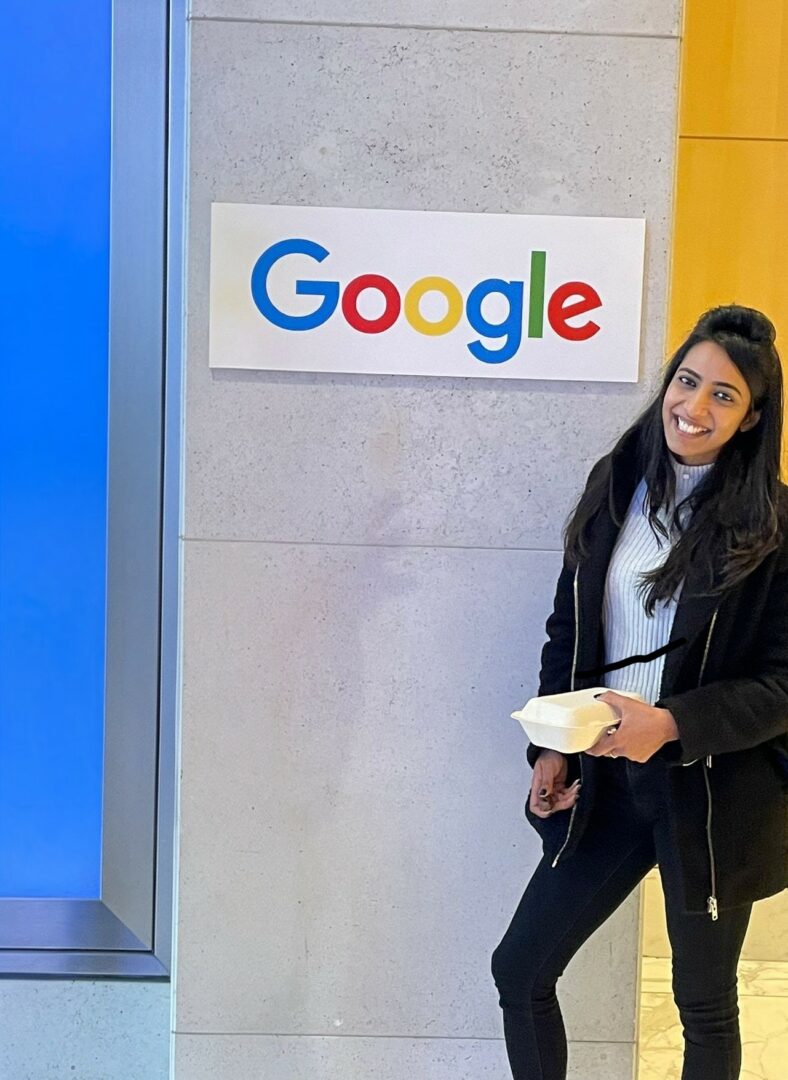
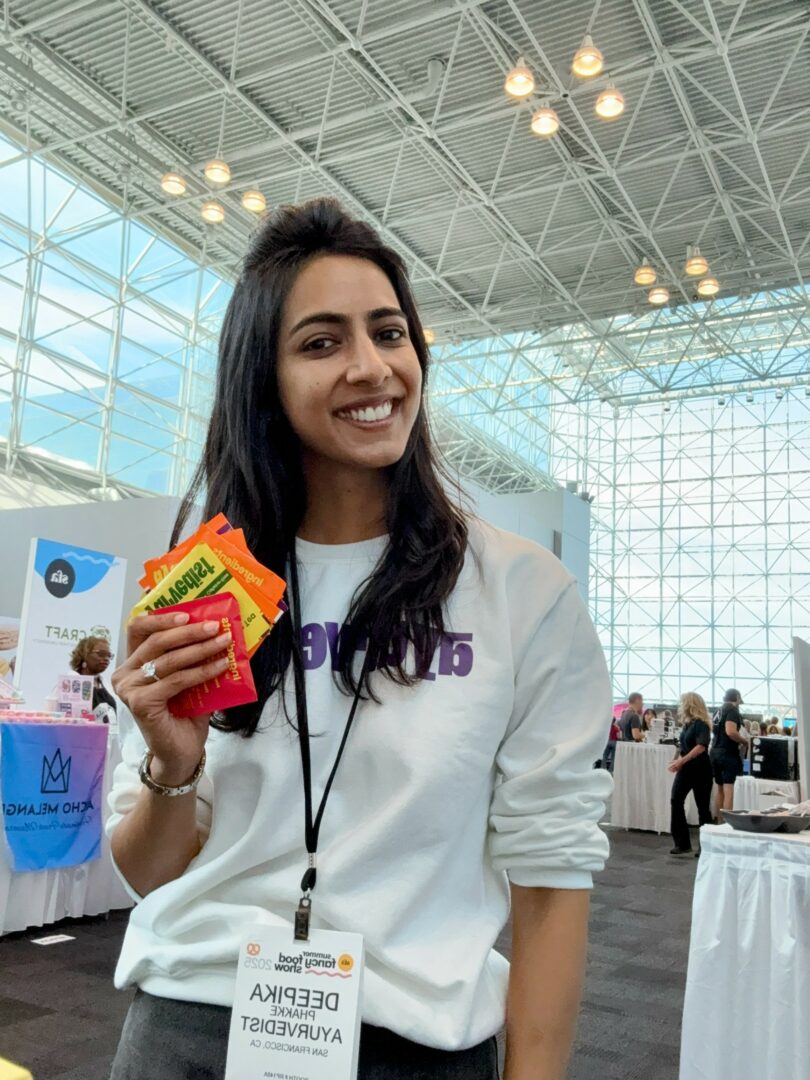
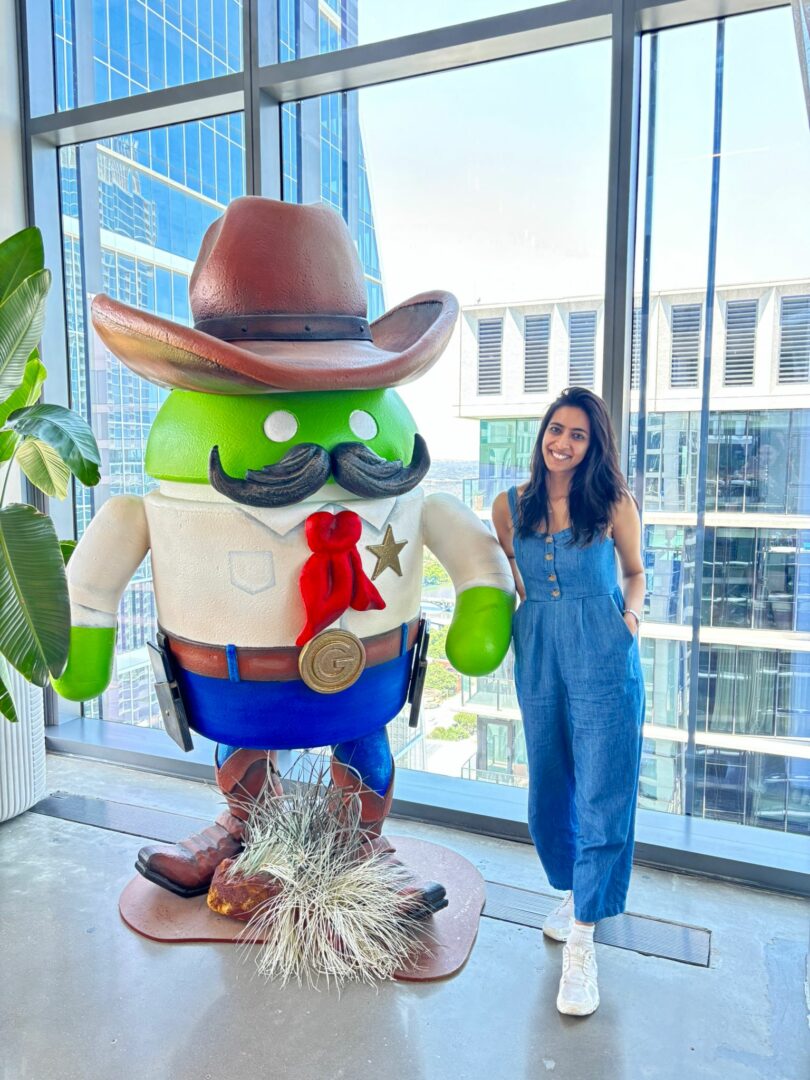
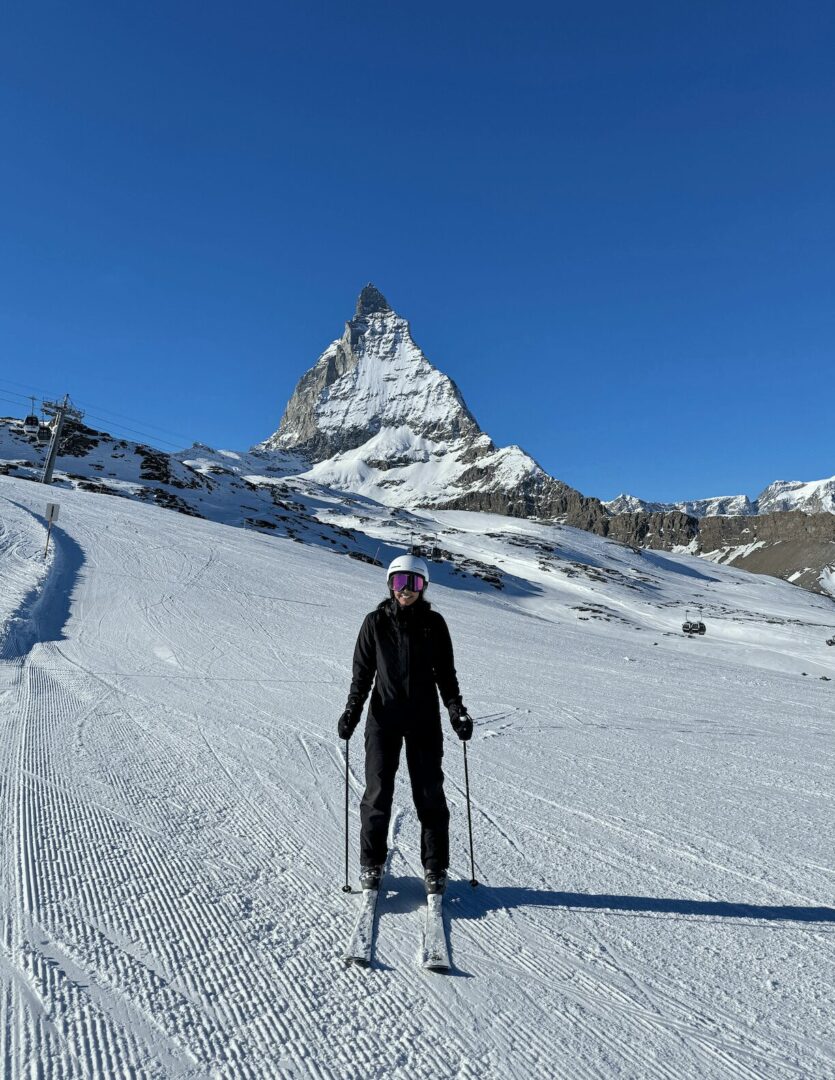
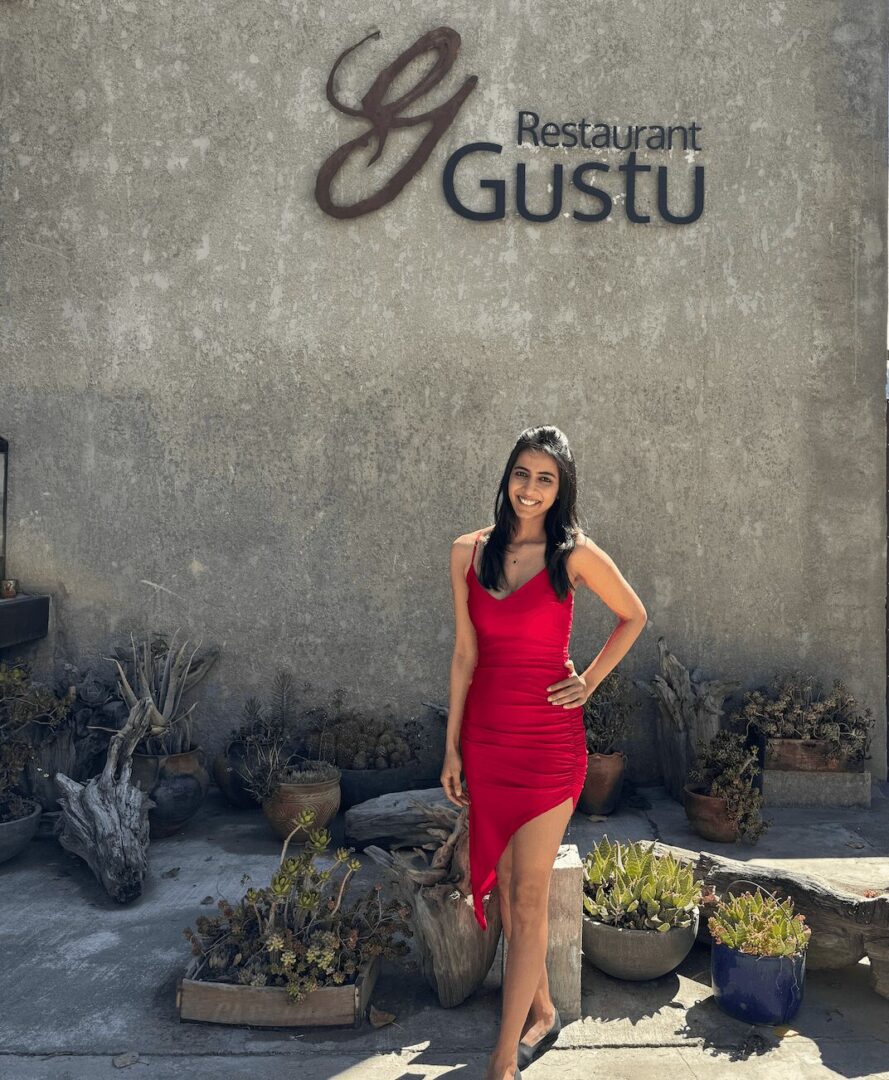
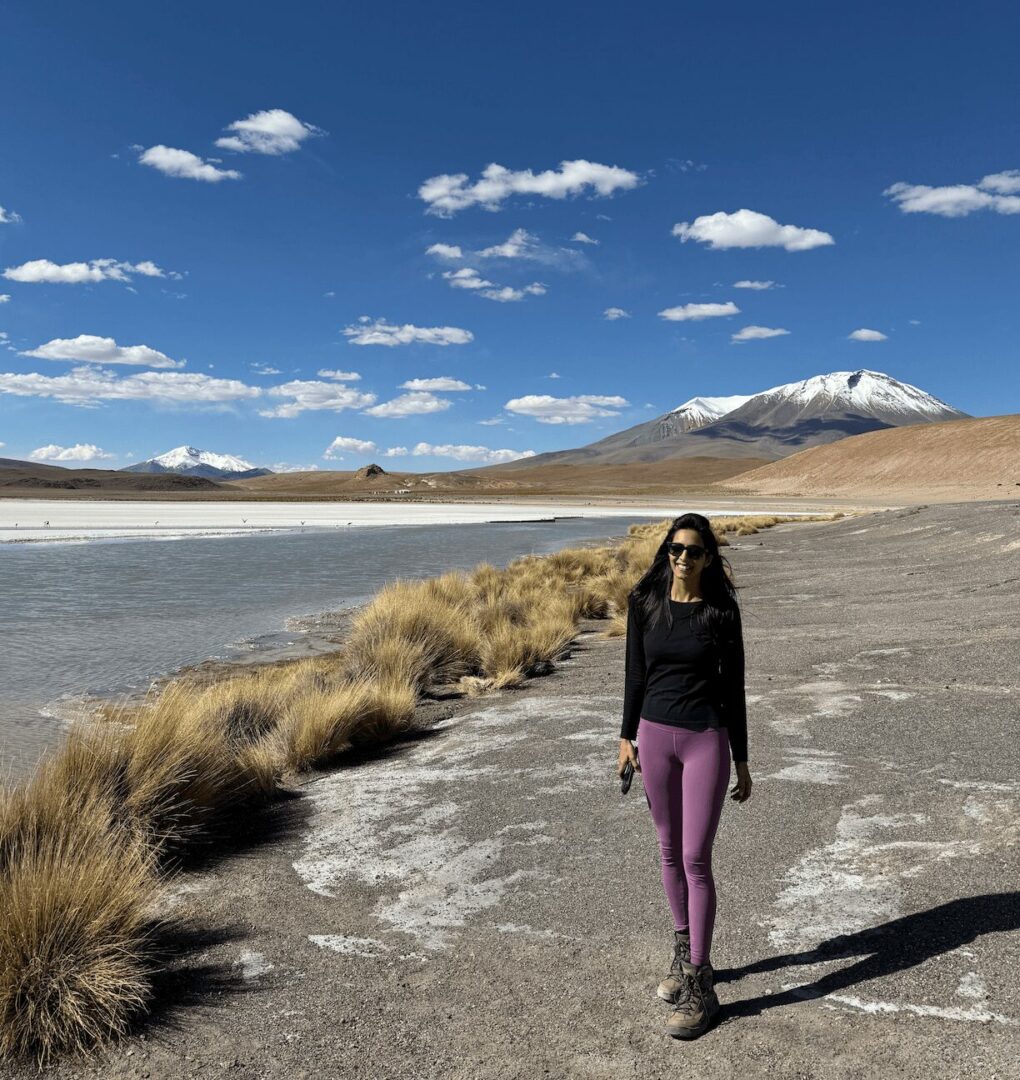
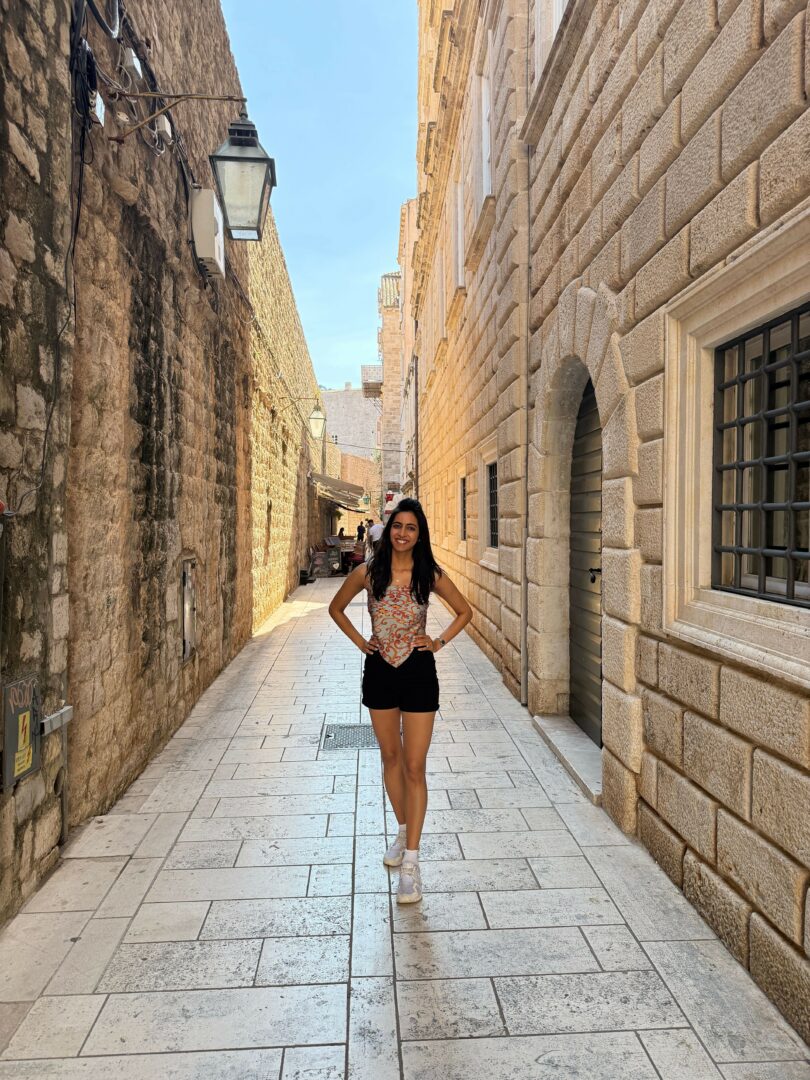
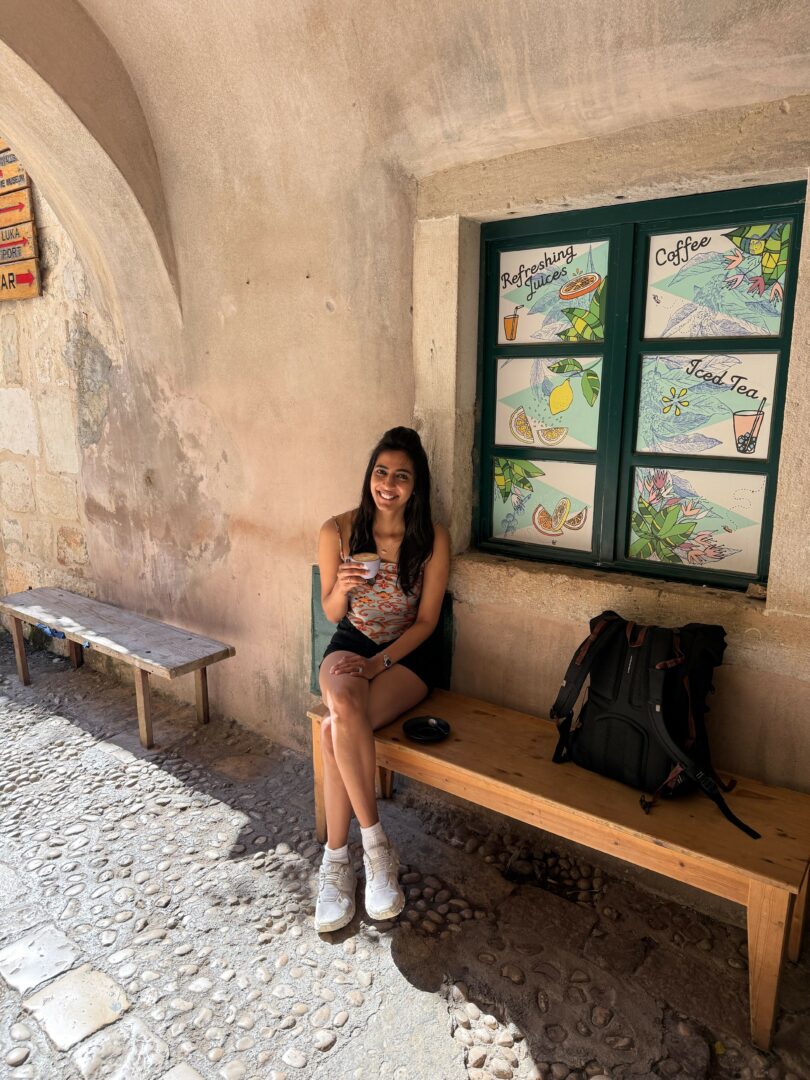
so if you or someone you know deserves recognition please let us know here.




